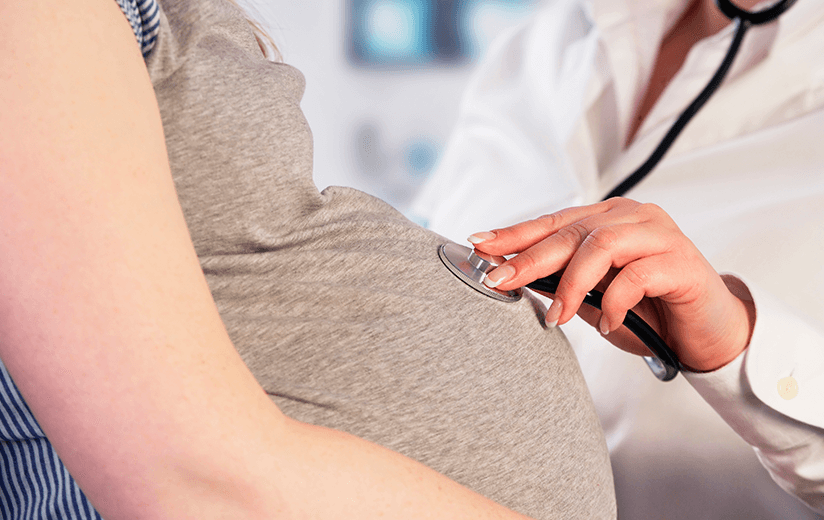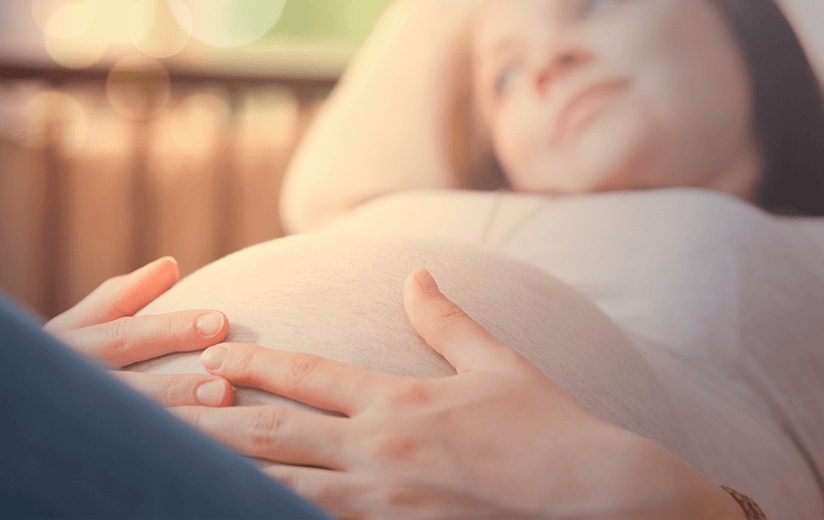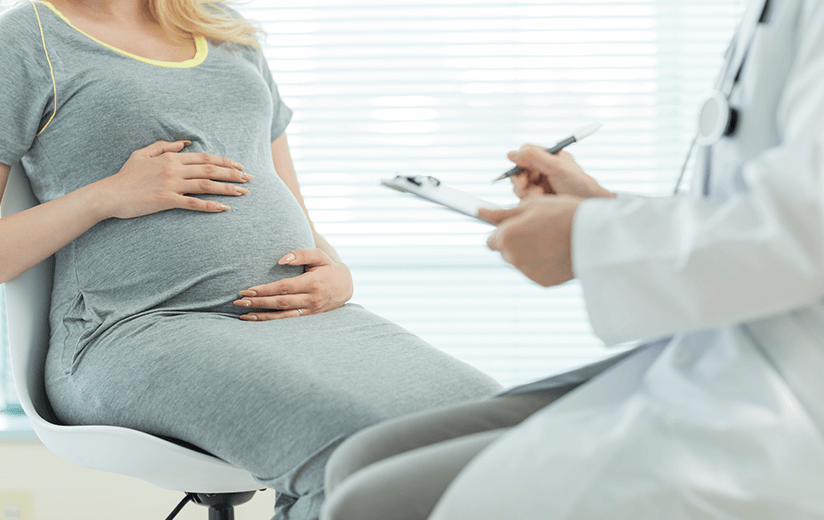My medical exams
The moment you longed for has arrived. The gynaecologist has confirmed that you are pregnant and in a few months you will be holding your baby in your arms.
From this moment and until the pregnancy is over, it is very important to visit your gynaecologist every month. He or she will examine you thoroughly, both you and the fetus, evaluate your test results, control your weight and blood pressure, and will answer all your questions about the course of your pregnancy.
After giving your doctor a thorough medical history, you will need to undergo a series of prenatal tests, which are mandatory to assess the overall picture of your health and that of the fetus.
The most important examinations for observing the course of pregnancy, and especially the health of the fetus, are the following:
1st trimester
• Ultrasound viability scan
This is a simple and painless diagnostic test, whose aim is to monitor the development of the fetus and the course of pregnancy.
This examination takes place between the 6th and the 10th week of pregnancy:
a. Checks the viability of the fetus.
b. Finds the number of embryos.
c. Locates the position of the fetus to rule out ectopic pregnancy.
d. Checks for smooth course of pregnancy, especially in cases of abdominal pain or bleeding.
• Basic prenatal test
The Basic prenatal test contains blood tests, urine and vaginal discharge tests for the pregnant woman. Where is appropriate, it is advisable to check the husband’s health condition as well. These are several examinations and some of them, are repeated during pregnancy, to ensure the proper course of pregnancy and the good health of the pregnant woman.
• Ultrasonic tests Level A (PAPP-A and nuchal translucency)
This test measures, by ultrasonography, the nuchal translucency of the fetus. This test takes place between 11th and 19th week of pregnancy. It measures the area under the skin of the fetal neck and controls the likelihood of chromosomal abnormalities, particularly Down’s syndrome (trisomy 21) and other congenital anomalies. Additionally, blood tests are done to the pregnant for the measurement of specific biochemical indicators. These indicators, in conjunction with the various anatomical indicators of the ultrasound control and in relation to the age of the pregnant woman, make the doctors able to determine the chances for the most common syndromes (trisomy 13, 18 and 21). Depending on the test results, the doctor will advise you to proceed or not to amniocentesis. These tests also determine the exact gestational age and calculate more accurately the probable date of delivery, which is especially useful for women who do not remember the exact date of their last period or have unstable menstrual cycle.
• Cell Free DNA test
This test is a control of the maternal blood to detect fetal DNA that circulates through it. With this test, the risk of trisomy 13, 18 or 21 can be determined.
2nd trimester
Ultrasound level B (Anomaly scan)
This is a detailed and harmless ultrasound examination. It is usually done between the 20th and 24th week of pregnancy. The specialized doctor examines in detail the anatomy of the fetus.
3rd trimester
Ultrasound examination (Doppler scan – Fetal Wellbeing)
A little after the 32nd week, another specialized ultrasound scan takes place to assess the progress in the development of the fetus and its general condition. In addition to measurements of the fetus, specific studies take place of fetal placenta, of the amniotic fluid and of the blood flow to the placenta and to the fetus.
These tests are a very basic checklist of noninvasive exams on which any pregnant woman must be submitted. This way she will ensure a smooth outcome of her pregnancy, as well as an early diagnosis and intervention, if this is necessary in case of complications.
In collaboration with Dr Olga. E. Bikou, Obstetrician-Surgeon-Gynaecologist










